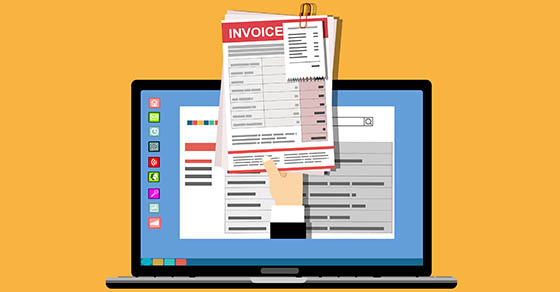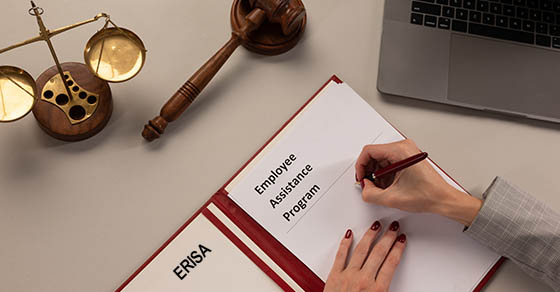Recent News
06/27/2025
DOs and DON’Ts to help protect your business expense deductions
If you’re claiming deductions for business meals or vehicle expenses, expect the IRS to closely review them. In some cases, taxpayers have incomplete documentation or try to create records months (or years) later. In doing so, they fail to meet the strict substantiation requirements set forth under tax law. Tax auditors are adept at rooting out inconsistencies, omissions and errors in taxpayers’ records, as illustrated by one recent U.S. Tax Court case. (T.C. Memo. 2024-82) Facts of the case The taxpayer operated a software installation, training and consulting business. She claimed substantial deductions for several tax years. The IRS disallowed...

Stay up to date! Subscribe to our future blog posts!
04/12/2022
AI for Small to Midsize Businesses Isn’t Going Away
Artificial intelligence (AI) has made great inroads into certain sectors of the U.S. economy. However, it hasn’t reached many small to midsize businesses (SMBs) in a major way … yet. In 2021, AI analysis firm Unsupervised published a survey of 520 SMB owners that found 48% of them still found AI too cost prohibitive. Forty percent said their businesses lacked the staff expertise to use it. But the survey also found that one in five owners were implementing some form of AI, and 20% of respondents already using AI believed it had increased their profitability. Defining the Term People sometimes...
04/06/2022
Fully Deduct Business Meals This Year
The federal government is helping to pick up the tab for certain business meals. Under a provision that’s part of one of the COVID-19 relief laws, the usual deduction for 50% of the cost of business meals is doubled to 100% for food and beverages provided by restaurants in 2022 (and 2021). So, you can take a customer out for a business meal or order take-out for your team and temporarily write off the entire cost — including the tip, sales tax and any delivery charges. Basic Rules Despite eliminating deductions for business entertainment expenses in the Tax Cuts and...
03/29/2022
ERISA and EAPs: What’s the Deal?
In recent years, more and more businesses have increased efforts to support the well-being of their employees. This means not only providing health care benefits, but also offering other initiatives designed to help workers cope with challenges such as substance dependence, financial planning, legal woes and mental health issues. Among the options usually considered is an employee assistance program (EAP). These programs typically offer a set of benefits intended to address circumstances and challenges that might adversely affect employees’ ability to work. Benefits may include short-term mental health or substance abuse counseling or referral services, as well as financial counseling...
03/22/2022
Taking the Opposite Approach: Ways Your Business Can Accelerate Taxable Income and Defer Deductions
Typically, businesses want to delay recognition of taxable income into future years and accelerate deductions into the current year. But when is it prudent to do the opposite? And why would you want to? One reason might be tax law changes that raise tax rates. There have been discussions in Washington about raising the corporate federal income tax rate from its current flat 21%. Another reason may be because you expect your noncorporate pass-through entity business to pay taxes at higher rates in the future, because the pass-through income will be taxed on your personal return. There have also been...
03/15/2022
Business Owners, Lean Into Sales Staff Retention
Although there have been some positive signs for the U.S. economy thus far in 2022, many businesses are still reeling from last year’s “Great Resignation.” This trend of a historic number of workers voluntarily leaving their jobs, combined with the difficulty of hiring new employees, didn’t spare sales teams. However, one could say that the Great Resignation only threw gasoline on an existing fire. Historically, sales departments have always trended toward higher turnover rates. Maybe you’ve grown accustomed to salespeople coming and going, and you believe there’s not much you can do about it. Or can you? By leaning into...
03/08/2022
5 Ways to Control your Business Insurance Costs
Common sense dictates that every company, no matter how small, should carry various forms of business insurance. But that doesn’t mean you should pay unnecessarily high premiums just to retain the coverage you need. Here are five ways to better control your insurance costs without sacrificing the quality of your policies: 1. Review coverage periodically. Make sure existing policies reflect your current circumstances. For example, if you’ve sold or sunset some equipment, remove it from your schedule of current assets. If you’ve reduced the number of workers on your payroll, adjust workers’ compensation estimates accordingly. (We’ll address this further below.)...





